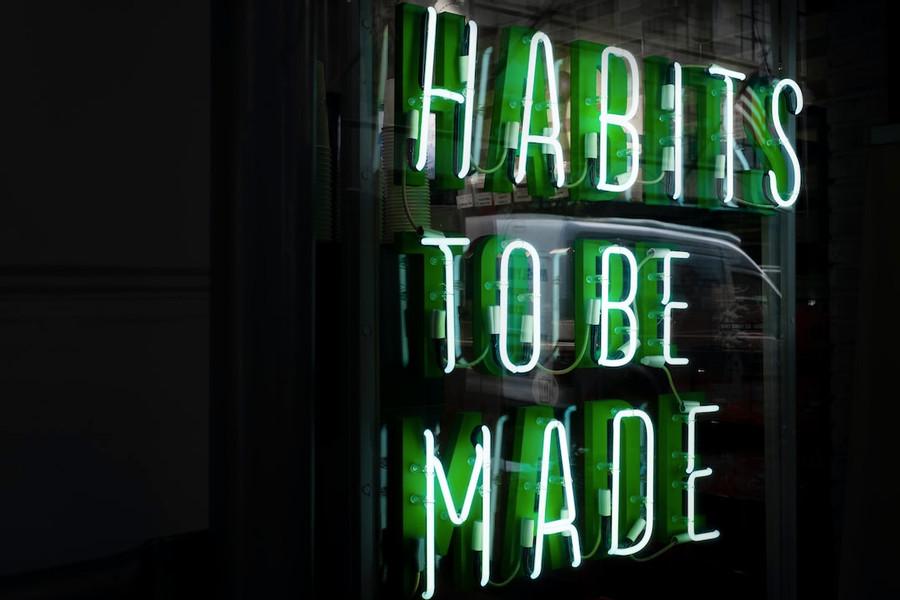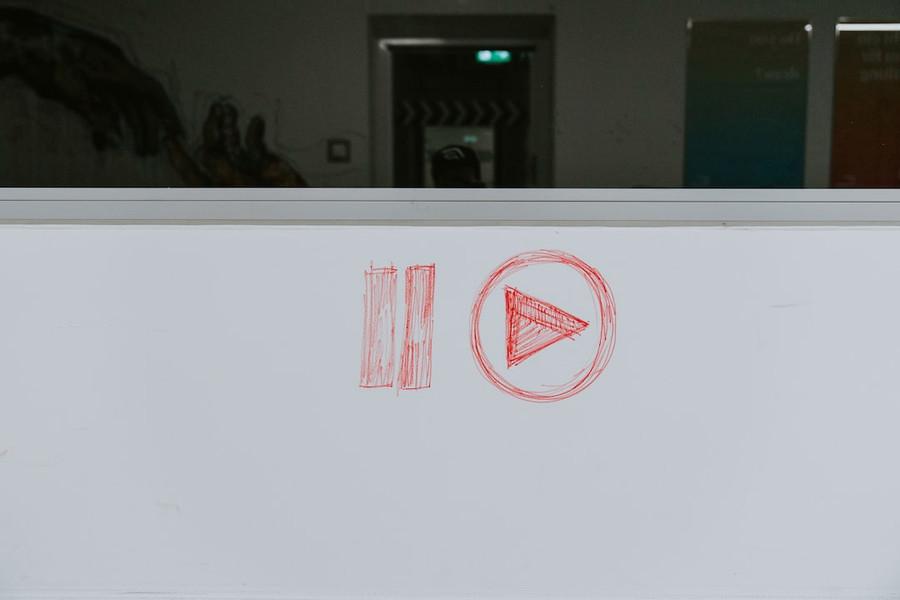Habits don't work for everyone. Here's what to do instead
Curated from: fastcompany.com
Ideas, facts & insights covering these topics:
5 ideas
·811 reads
7
1
Explore the World's Best Ideas
Join today and uncover 100+ curated journeys from 50+ topics. Unlock access to our mobile app with extensive features.
Why Habits Don't Work
Habits can be a powerful tool for achieving goals and getting things done. Automatic and requiring little effort to implement, habits can help you yield the results you want, but only if you’re someone who is wired for disciplined living with a dependable schedule.
Many of us are “unhabiters,” someone who juggles multiple roles and responsibilities and has a life that’s busy and unpredictable. Unhabiters need a more flexible approach to behaviour change, which is why habits just don’t work.
27
235 reads
No Disruption Creates Habits
People who are successful with habits formation have strong willpower and are organized. They tend to stick to their plan even when they’re tempted to make impulsive choices because they are innately disciplined. And perhaps most importantly, they tend to have schedules that run according to plan without a lot of disruption.
Unhabiters, however, often have roles and responsibilities that can interrupt plans. An unhabiter may have to care for children or elders. These roles can add unexpected activities that derail plans. A rigid habit schedule isn’t going to work.
26
168 reads
Use Your Brain System
If you have the personality type or lifestyle that doesn’t support an unwavering habit loop, you can leverage your brain’s executive functioning system, also called your prefrontal cortex.
The prefrontal cortex provides three primary executive functions: working memory, which allows you to remember and work with one or two pieces of information at a time; cognitive flexibility, which lets you course correct and switch gears in the face of new information; and inhibition, which provides us with self-control.
24
150 reads
Boosting Our Brain
Some ways we can boost our prefrontal cortex are through good nutrition, exercise, and mental games.
These measures don’t always help when we face a real-life situation and must make a choice in the moment. To address this point of conflict, there is a simple method called POP that helps can be used at a point of conflict—such as a distraction from your goals—to support flexible thinking.
POP stands for “pause,” “open your options,” and “pick the joy choice.”
26
130 reads
POP!
Pause: The wisdom of the pause gives us a chance to create space between stimulus and response. Taking a breath and pausing help support our working memory.
Open your options: Choice points are all about logistics, managing plans, and resources.
Pick the joy choice: Of your options, choose the one that makes you feel best about resolving the situation.
By definition, it’s the perfect imperfect action that lets us do something instead of nothing, so that we stay consistent, and stand with our needs.
27
128 reads
IDEAS CURATED BY
"And in the end, the love you take, is equal to the love you make…" ~ The Beatles
Remington O.'s ideas are part of this journey:
Learn more about habits with this collection
Cultivating a growth mindset and embracing challenges
Developing adaptive thinking and problem-solving skills
Effective learning frameworks and approaches
Related collections
Similar ideas
7 ideas
7 burnout-busting tips for freelancers who work too much
fastcompany.com
9 ideas
How to connect with new work colleagues in a hybrid setting
fastcompany.com
3 ideas
Questions you may be nervous to ask in an interview
fastcompany.com
Read & Learn
20x Faster
without
deepstash
with
deepstash
with
deepstash
Personalized microlearning
—
100+ Learning Journeys
—
Access to 200,000+ ideas
—
Access to the mobile app
—
Unlimited idea saving
—
—
Unlimited history
—
—
Unlimited listening to ideas
—
—
Downloading & offline access
—
—
Supercharge your mind with one idea per day
Enter your email and spend 1 minute every day to learn something new.
I agree to receive email updates





